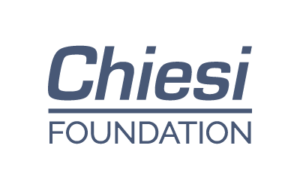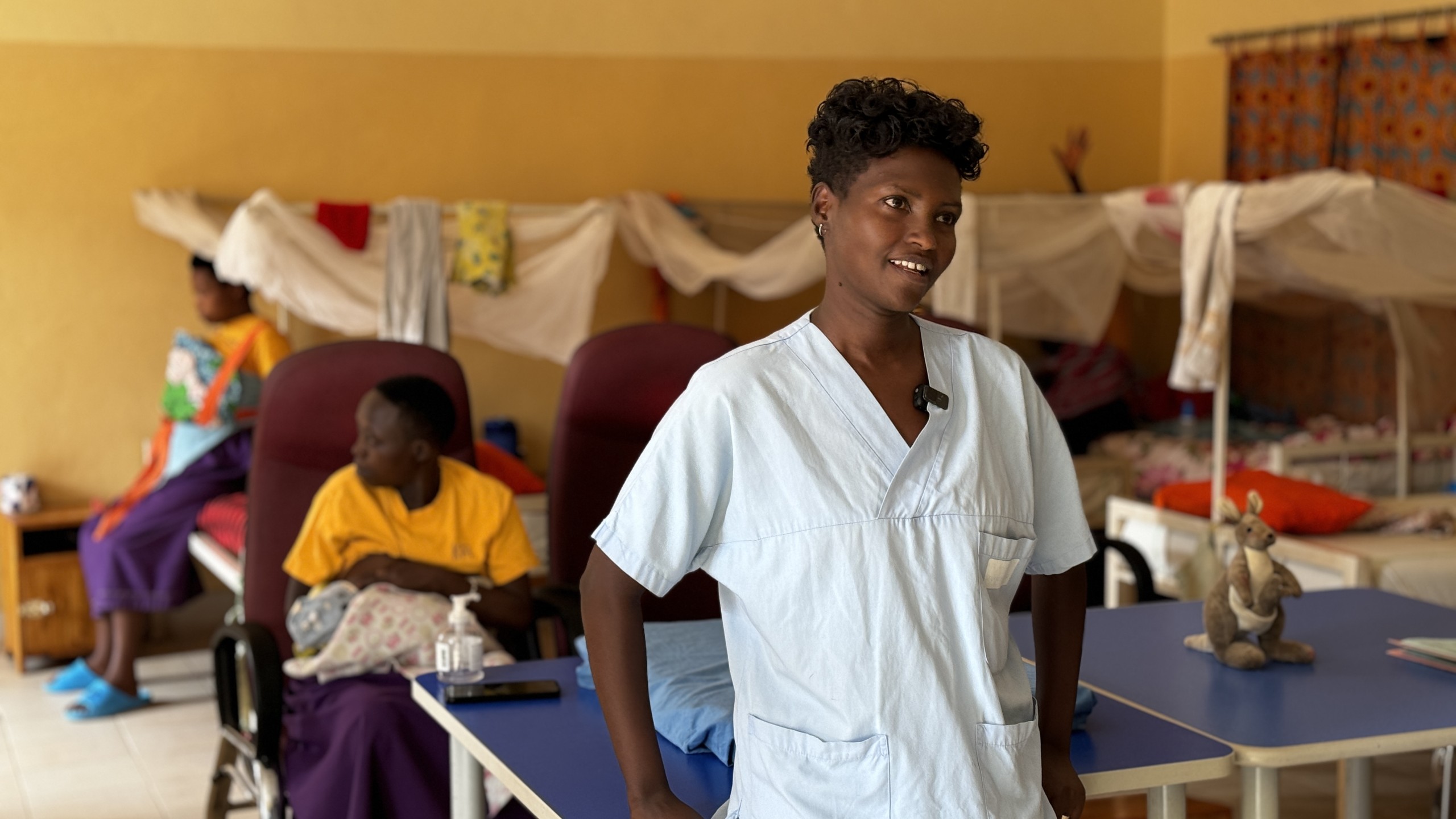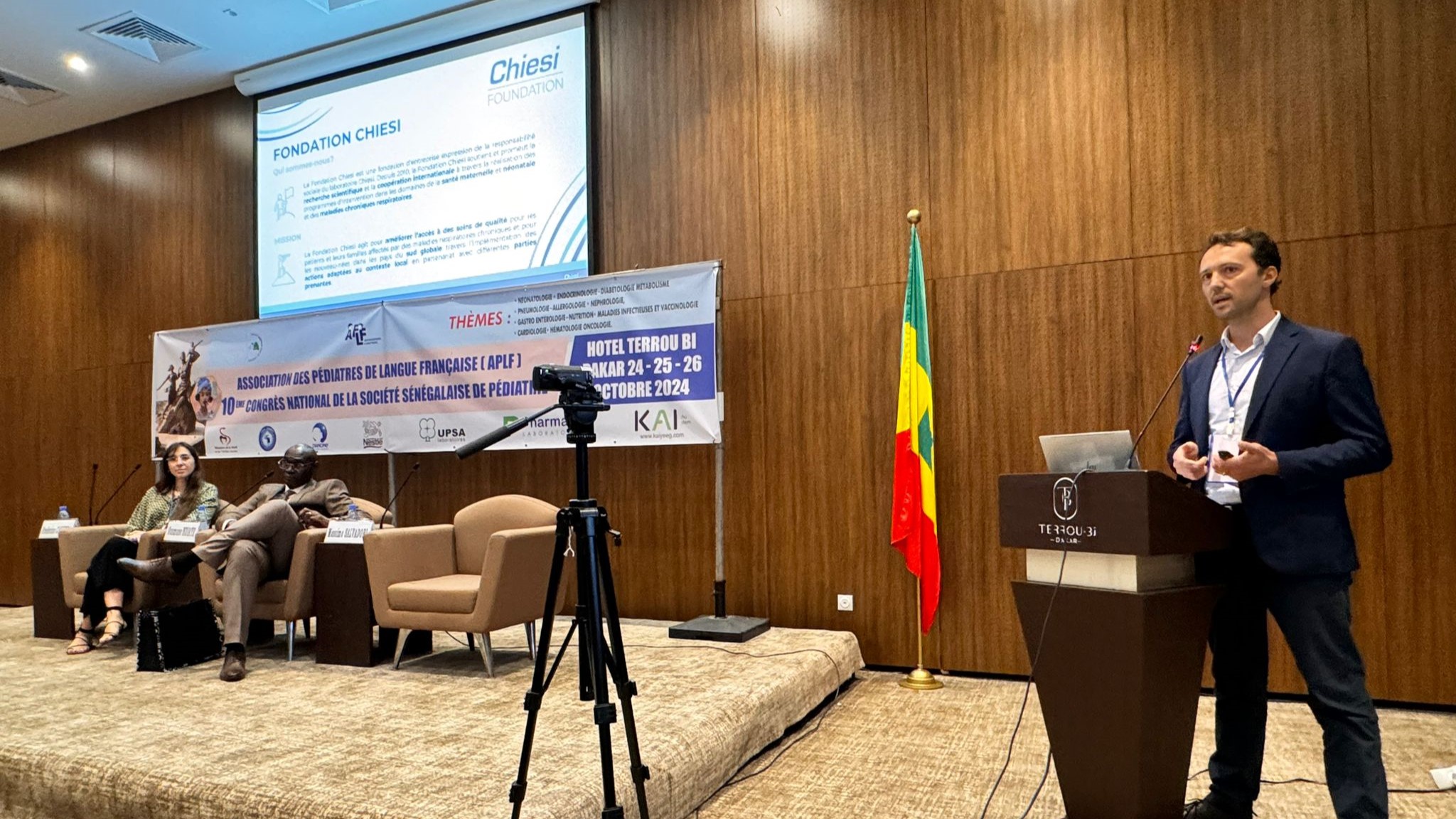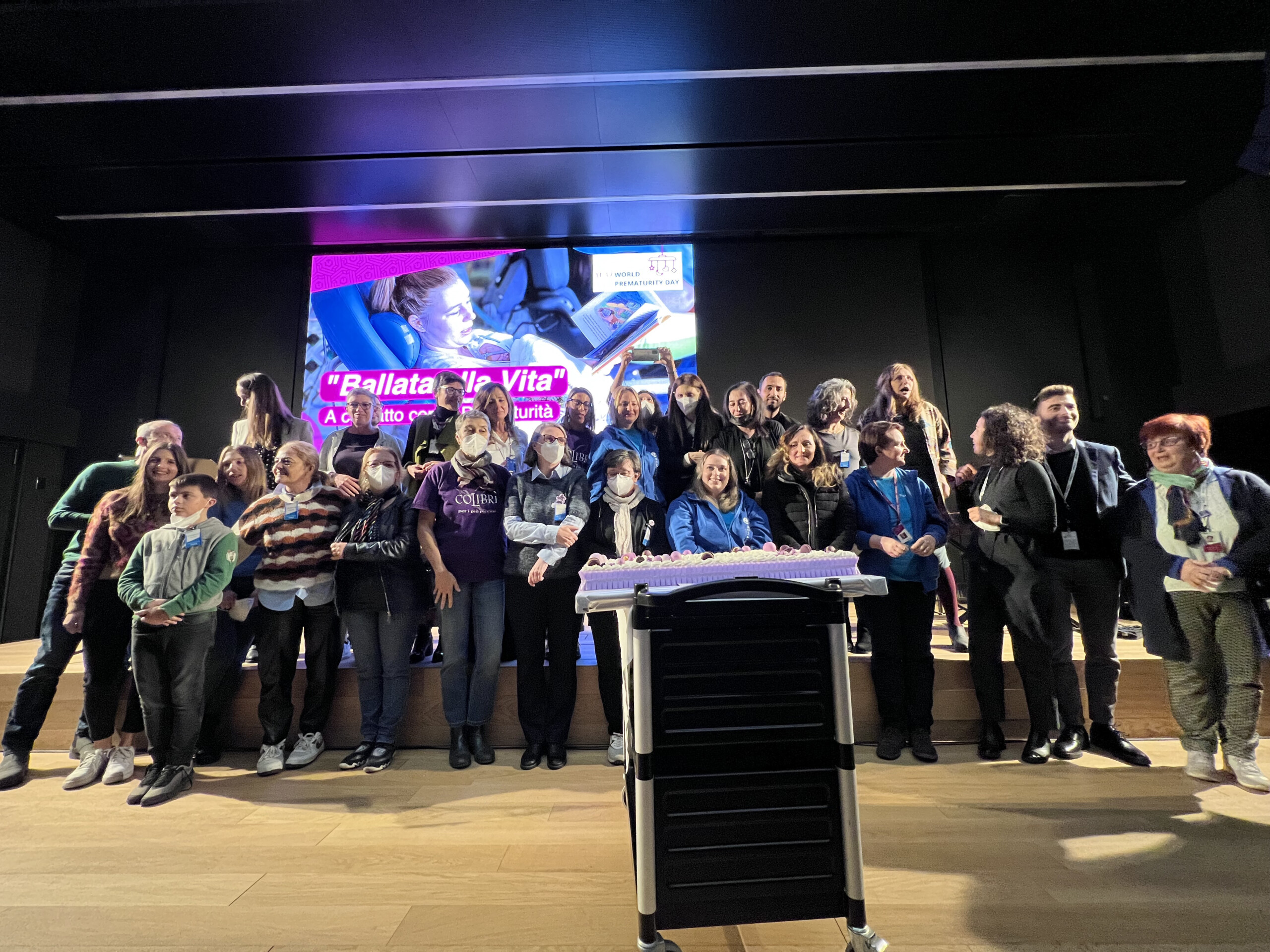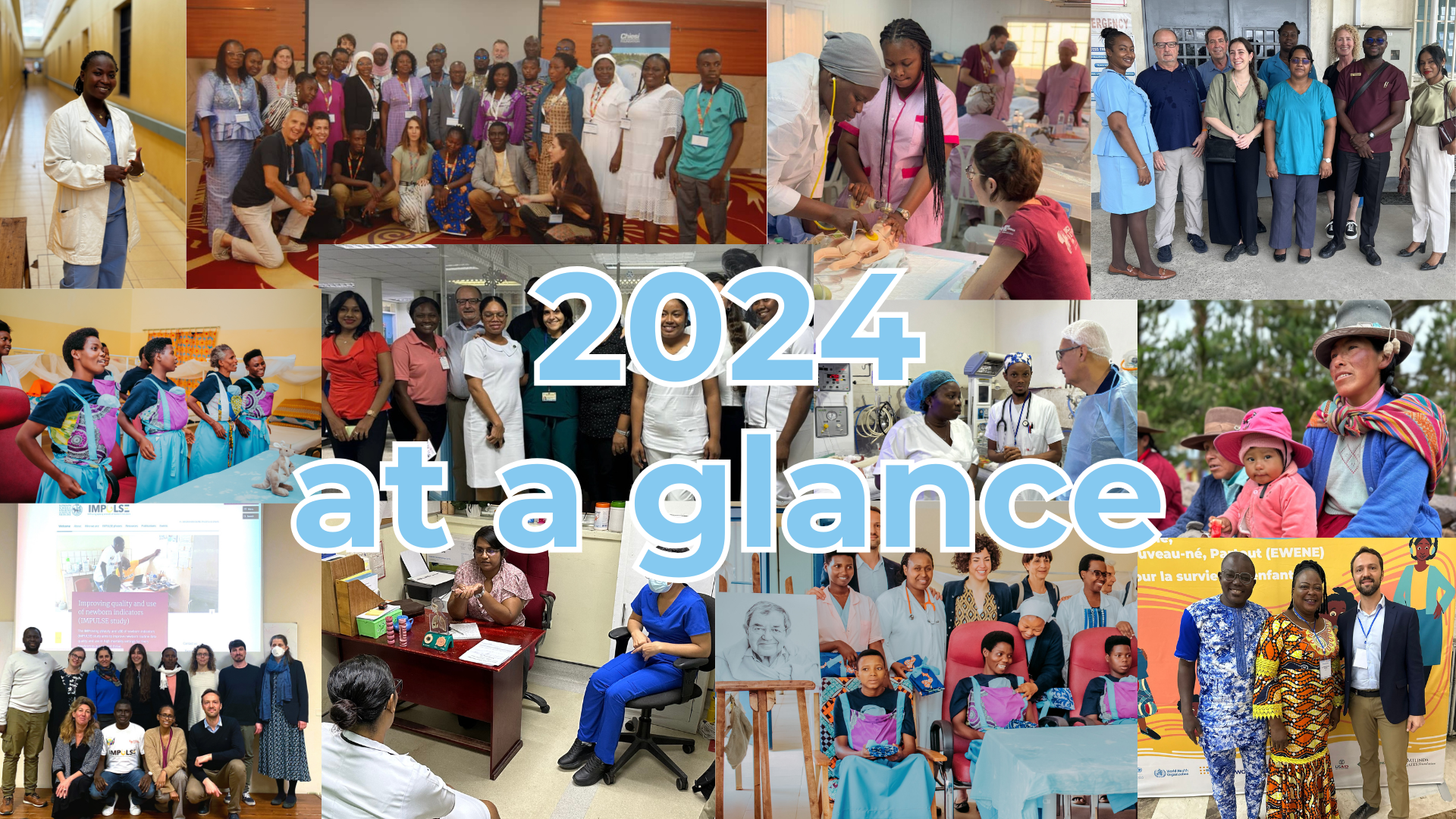by Lorenzo Picicco
Share
Francophone countries in sub-Saharan Africa face significant challenges in neonatal health care. Among these challenges, one of the most basic obstacles is the lack of access to essential medical information in the local language. Indeed, most medical literature, including neonatal literature, is produced and disseminated predominantly in English. This language barrier hinders the dissemination of best practices and ultimately impacts the quality of care provided to preterm and low-birth-weight infants.
To address this challenge, the Chiesi Foundation, in collaboration with the World Health Organization (WHO), has taken a crucial step by funding the translation of three essential documents. These documents provide invaluable guidance for healthcare professionals in Francophone Africa, enabling them to provide high-quality care to the most vulnerable newborns.
WHO recommendations for the care of the preterm or low-birth-weight infant
These recommendations are designed to guide the development of national and local health policies, clinical protocols and programmatic guidelines for maternal, newborn and child health services.
They are intended for policymakers, implementers and public administrators, as well as managers of health facilities, trainers, health workers (including midwives, auxiliary midwives, nurses, paediatricians, neonatologists, general practitioners and community health workers), non-governmental organisations, professional societies involved in maternal, newborn and child health services, academic staff involved in research and pre-service training and education of health workers and those responsible for parent education.
Kangaroo Mother Care: a transformative innovation in health care
This paper highlights the importance of Kangaroo Mother Care (KMC) as a transformative intervention, enabling mothers to play a central role in caring for themselves and their newborns.
Shifting focus from a hierarchical relationship between mothers and health workers, KMC promotes a more collaborative and patient-centered approach to maternal and newborn care. It proposes a new vision in which mothers, newborns and families form an inseparable unit, around which all maternal and newborn services should be organized.
Kangaroo Mother Care – Implementation strategy for scale-up adaptable to different country contexts
This document outlines a shared vision for the implementation of Kangaroo Mother Care (KMC) as a core component of care for small and sick newborns within national maternal, newborn and child health programmes.
It highlights the unique value of KMC in humanizing child care by providing efficient, high-quality care, regardless of technological limitations or available resources. Furthermore, KMC empowers mothers and caregivers by increasing their confidence in their ability to provide both physical and emotional support to their infants. Ultimately, KMC improves the survival, health, and well-being of both mothers and newborns.
Breaking down language barriers
By making these resources accessible in French, the Chiesi Foundation supports both healthcare professionals and families. Equipped with the latest knowledge, healthcare professionals can provide care that is tailored to the specific needs of premature and low-birth-weight infants. Families can also benefit from understanding their babies’ needs and actively participating in their care decisions.
Furthermore, this initiative facilitates the exchange of knowledge and collaboration between healthcare professionals from different French-speaking sub-Saharan countries. By breaking down language barriers, the Chiesi Foundation seeks to contribute to the development of a more connected and informed healthcare community.
In addition to translations, the Chiesi Foundation continues to actively work to strengthen neonatal care in the region. It works with local partners to improve health systems, train health workers, and promote data-driven practices.
The Chiesi Foundation’s efforts are perfectly aligned with the United Nations Sustainable Development Goals, in particular Goal 3, which aims to ensure healthy lives and promote well-being for all. By addressing the language barrier and providing essential resources, we want to contribute to improving the health and survival of newborns in the most vulnerable communities in the Global South.
